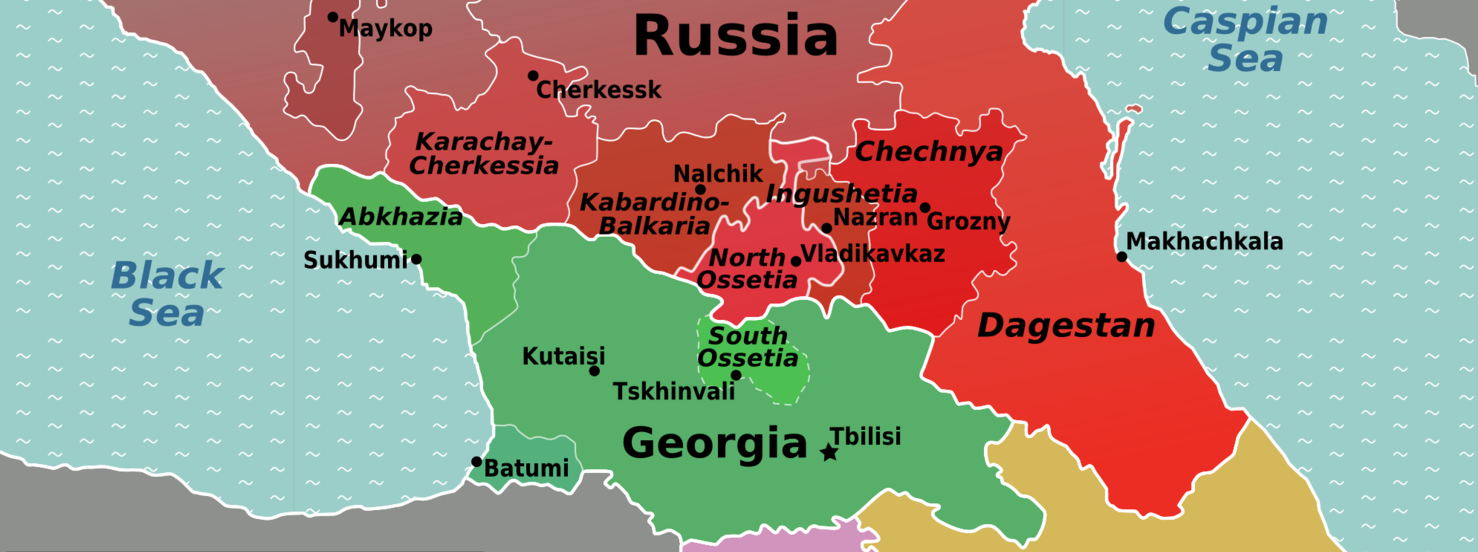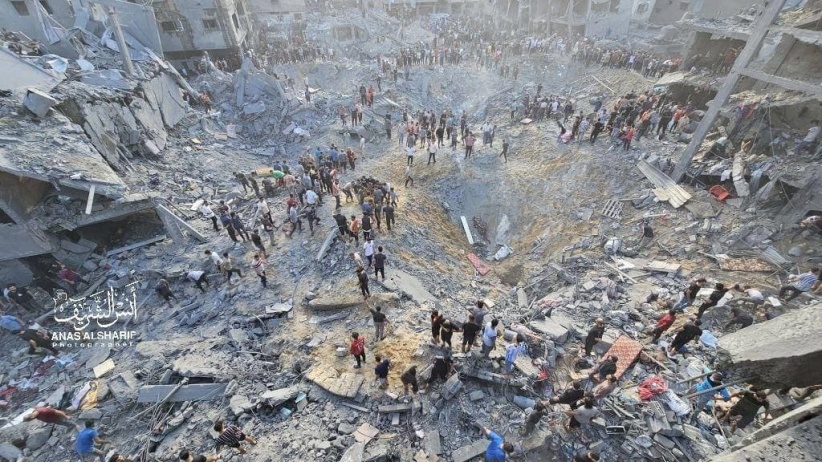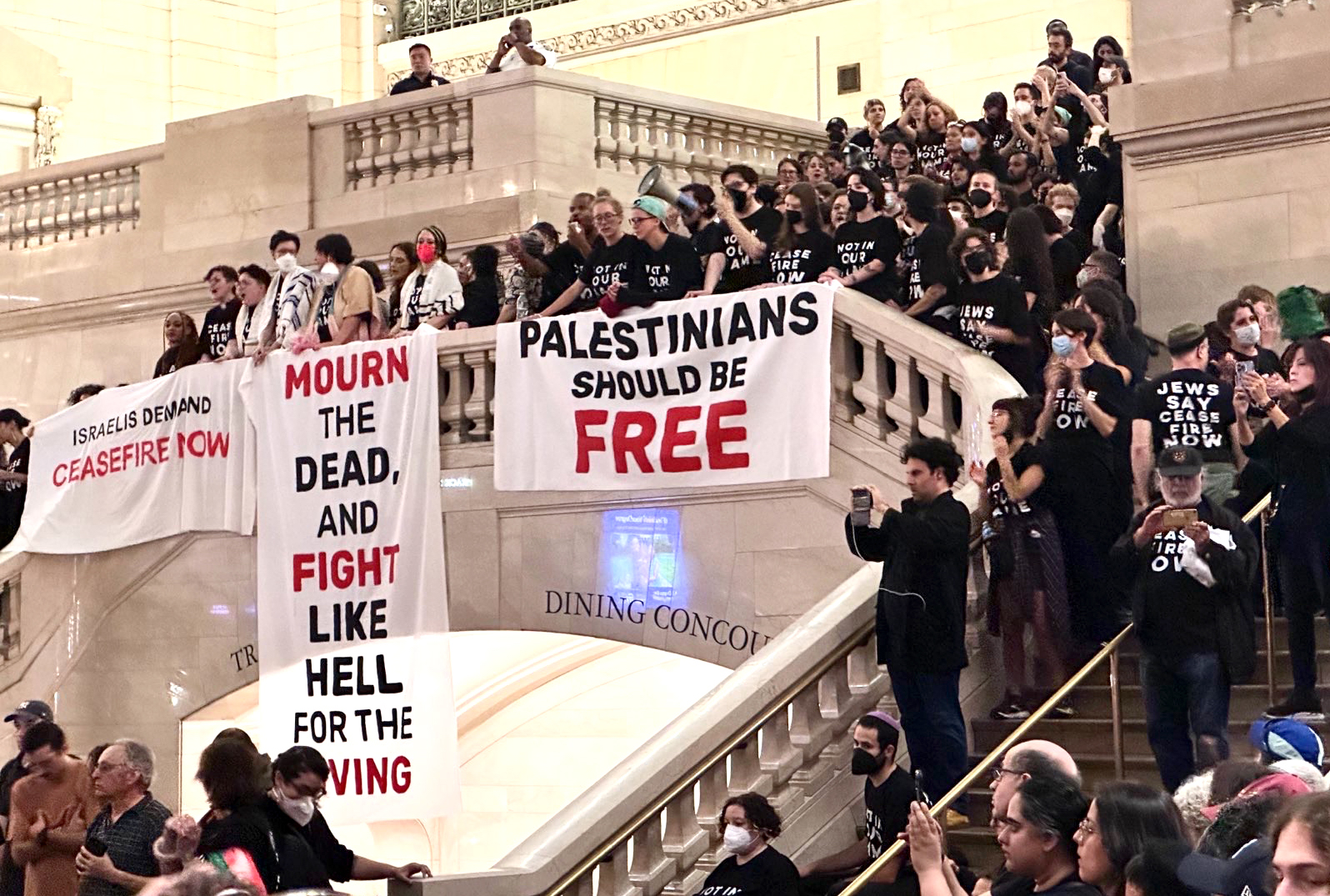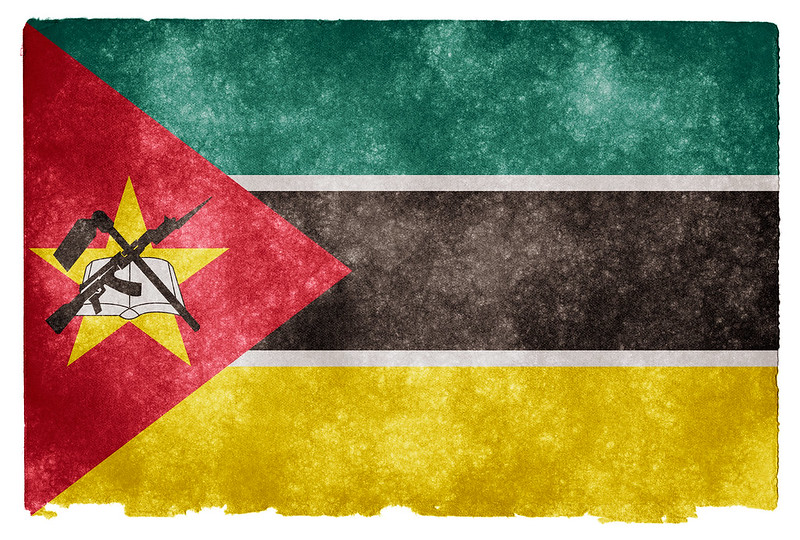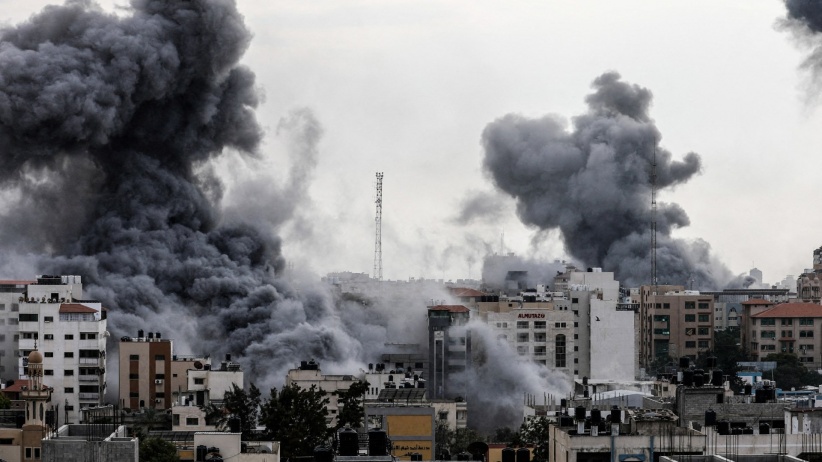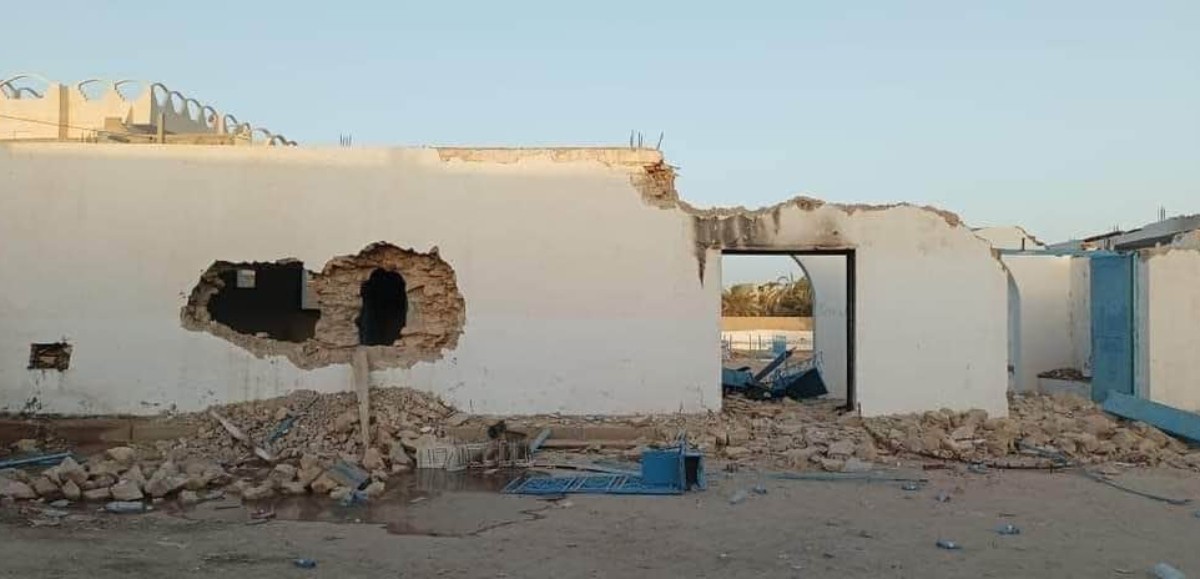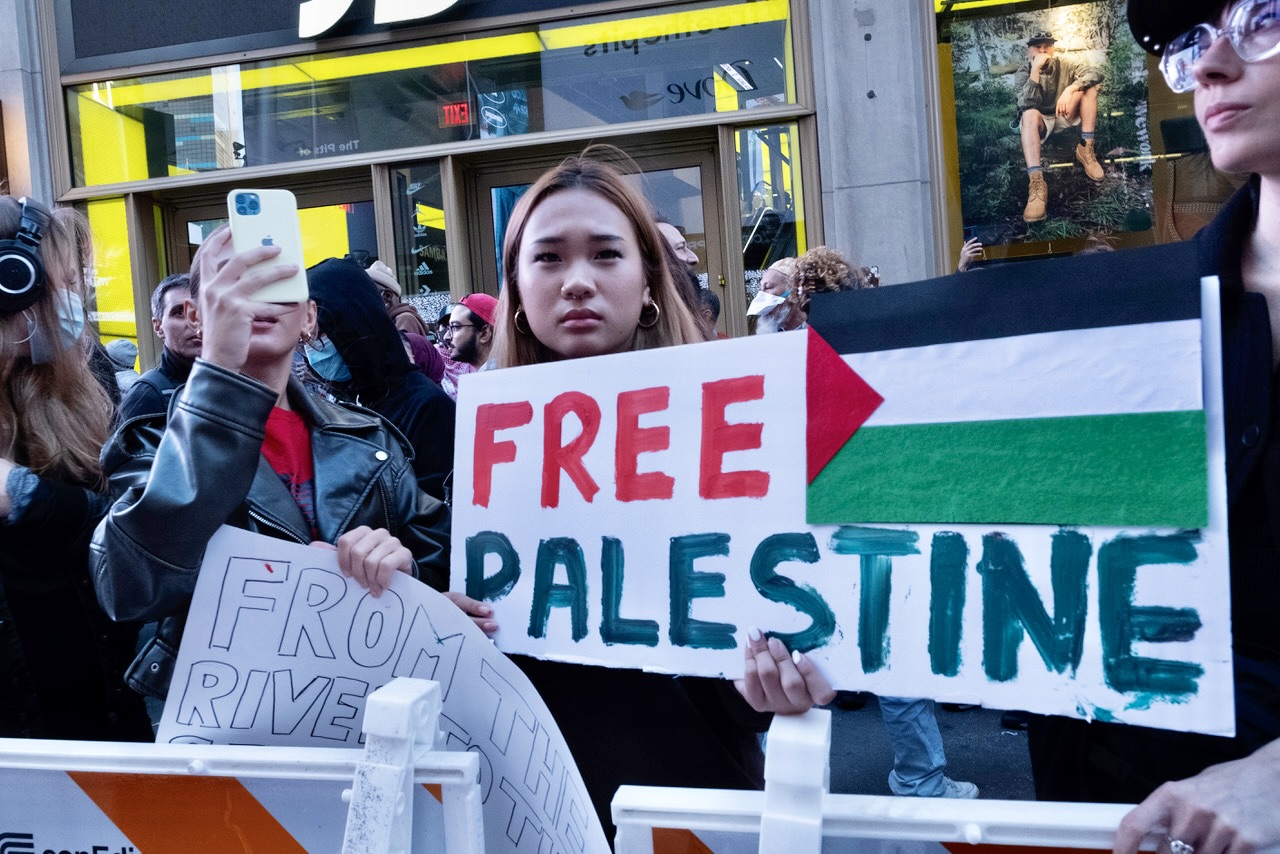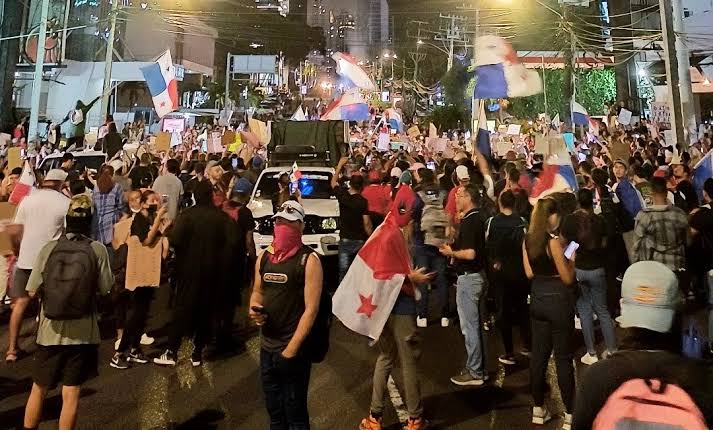
Protests prompt Panama mining moratorium
Panama’s President Laurentino Cortizo announced that he will hold a referendum to determine the fate of a contentious mega-mining contract, after several days of the country’s largest protests in decades. Cortizo also said he would instate a moratorium on any new mining projects in response to the protests, a move signed into law on Panama’s independence day. The protests, driven by environmental concerns, were sparked by the National Assembly’s earlier vote to award an extended concession to Canadian company First Quantum, allowing it to operate the largest open-pit copper mine on the Central American isthmus for another 20 years. The Cobre Panamá mine, in Colón province, has faced strong opposition from local residents since it opened in 2019, but extension of the contract brought thousands of angry demonstrators to the streets of Panama City. The protests reached the doors of the capital’s Marriott Hotel, where regional environment ministers were meeting for the Latin America & the Caribbean Climate Week summit. (Photo via Twitter)



